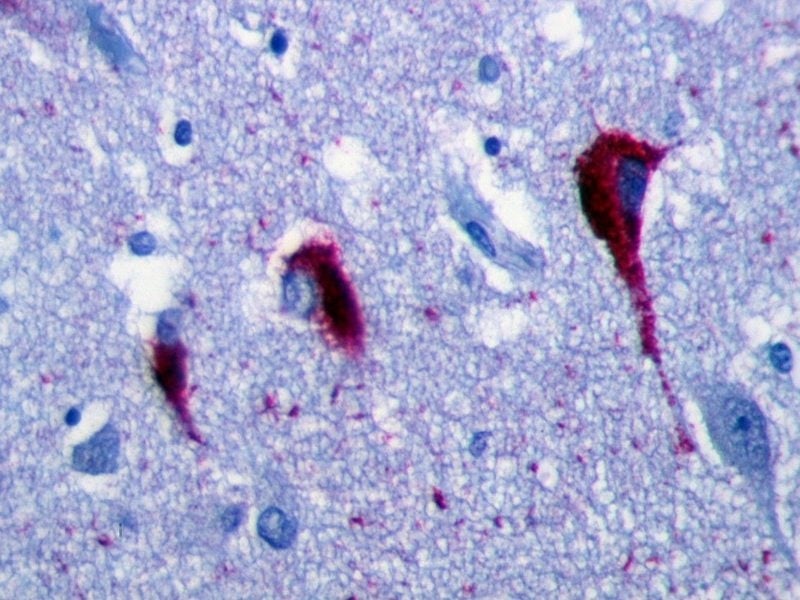
The University of Dundee Drug Discovery Unit has announced it has entered into a drug development partnership focused on tau pathology with Japanese pharmaceutical giant Takeda.
Tau pathology is an underlying feature of many neurodegenerative diseases, including Alzheimer’s, which lack effective treatments.

Discover B2B Marketing That Performs
Combine business intelligence and editorial excellence to reach engaged professionals across 36 leading media platforms.
It involves the build-up of an insoluble form of tau protein and is thought to be a driving force in disease progression as it spreads from diseased to healthy cells through a ‘seeding’ process.
In collaboration with researchers at the University of Cambridge and the Medical Research Council, the Drug Discovery Unit has identified drug-like molecules that prevent this seeding process. The collaboration with Takeda will centre on accelerating the clinical development of these molecules into new treatments.
Drug Discovery Unit head of innovative targets Dr David Gray said: “Our mission is to bridge the gap between innovative life science research and drug development in areas of unmet clinical need, and Alzheimer’s disease is at the top of the list.
“With support from Medical Research Council we are able to work with leading investigators such as Dr Will McEwan in Cambridge and Dr Leo James at the MRC Laboratory of Molecular Biology to deliver programmes that are ready for industry to take forward.

US Tariffs are shifting - will you react or anticipate?
Don’t let policy changes catch you off guard. Stay proactive with real-time data and expert analysis.
By GlobalData“Teaming up with Takeda means we’ll get further, faster – bringing a potential treatment for this debilitating condition one step closer.”
Dundee’s Drug Discovery Unity has previously collaborated with global pharmaceutical companies, research organisations and government bodies, such as GlaxoSmithKline, the Wellcome Trust and Innovate UK.
In 2017, the Wellcome Trust awarded the University of Dundee and GSK £7.9m for an ongoing joint project to discover new drugs to treat neglected, parasitic diseases, such as visceral and cutaneous leishmaniasis and Chagas’ disease.
Innovate UK granted the Scottish university almost £1m in 2017 to support its efforts in discovering new antibiotics to replace those, which are now ineffective as a result of overuse and resistance.




